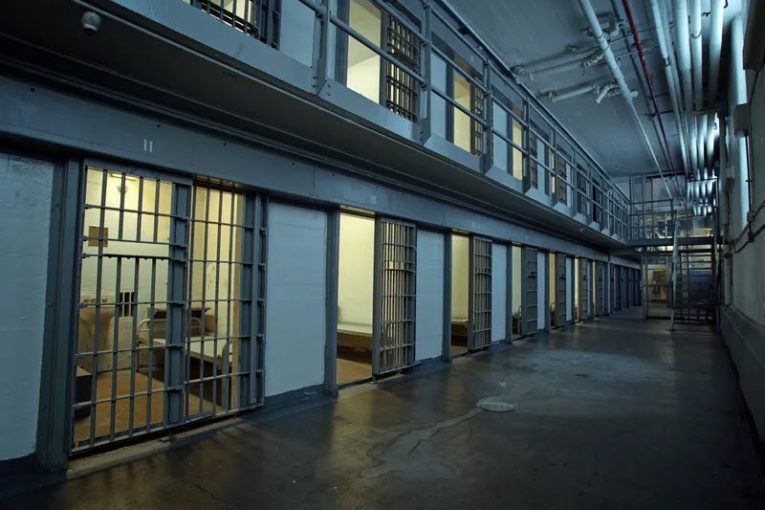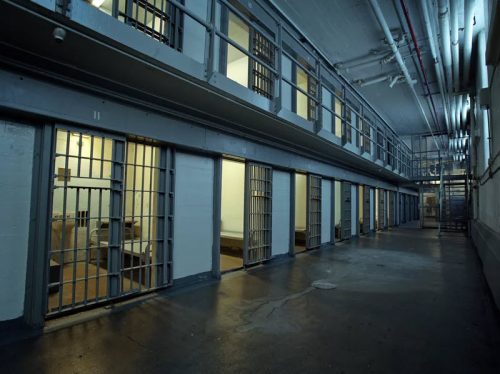

By Helen Shamamyan
WASHINGTON, D.C. – The final report of the four-part series “One in Five” was published this week by The Sentencing Project, exploring how “Mass Incarceration Deepens Inequality and Harms Public Safety.”
The previous three reports examine additional socio-political aspects responsible for the racial disparity in the American prison system. The new release explores the levels of inequality that current laws and policies escalate, predominantly affecting and criminalizing people of color.
According to The Sentencing Project’s Co-Director of Research and lead author of the report, Nazgool Ghandnoosh, “A primary driver of disparity within the U.S. criminal legal system is the multitude of laws and policies that not only intensify economic and social inequalities but also divert public spending from effective public safety investments.”
Ghandoosh affirms, “states and local jurisdictions across the country have initiated promising reforms that both reduce the harms of criminal convictions and redirect resources to more effective interventions,” asserting how “it’s imperative that policymakers and practitioners protect and expand these reforms to help reduce the burden on those who, in many cases, are already at a socioeconomic disadvantage.”
In the article, “One in Five: How Mass Incarceration Deepens Inequality and Harms Public Safety,” the authors analyze the legal and political mechanisms used by the criminal legal system to promote racial inequities, including “fines, fees, and predatory pricing exacerbate the economic precarity of justice-involved Americans and their families,” and “lifelong barriers to securing steady employment and housing” or receiving “cash assistance and food stamps.”
Ghandnoosh adds, “Certain regulations intensify the marginalization of justice-involved people – who are disproportionately people of color – by wearing down economic and social buffers against crime and increasing the likelihood of police contact.”
The report quotes the authors from the Brookings Institution, who note, “the community infrastructure and institutions needed to stabilize communities are routinely underfunded.”
The authors added, as a result of this, generations of communities of color are hindered and oppressed into the prison industrial complex, such as the disenfranchisement of the black community and generational trauma inherited by children of minority groups.
Kristen Budd of The Sentencing Project stated, “voting is among a range of prosocial behaviors in which justice-impacted persons can partake… that is associated with reduced criminal conduct,” adding, “the impacts of parental incarceration on children include psychological stress, antisocial behavior, academic suspension or expulsion, economic hardship, and criminal activity,” a cyclical trend outlined by the National Institute of Justice.
As a whole, the series of “One in Five” reports trace the socio-economic and racial trends in incarceration in America. The first report outlined trends, the second criticized the role of policing in such racial disparities in arrests and imprisonment.
The third report addressed three causes of racial inequality in the criminal legal system while also suggesting “reforms from over 50 jurisdictions across the country that can mitigate their impact,” according to the web article by the Sentencing Project.




